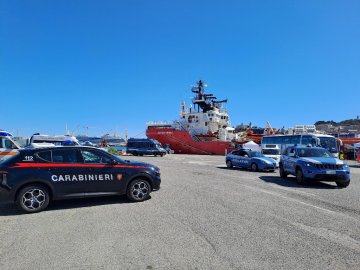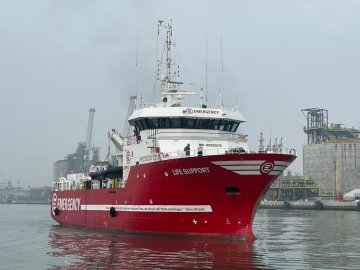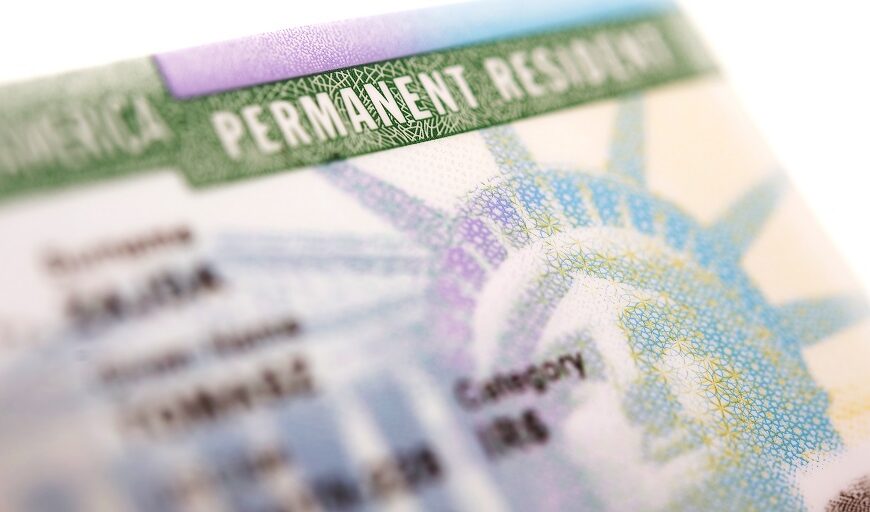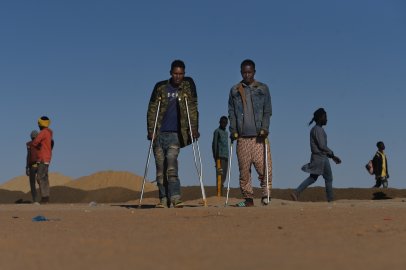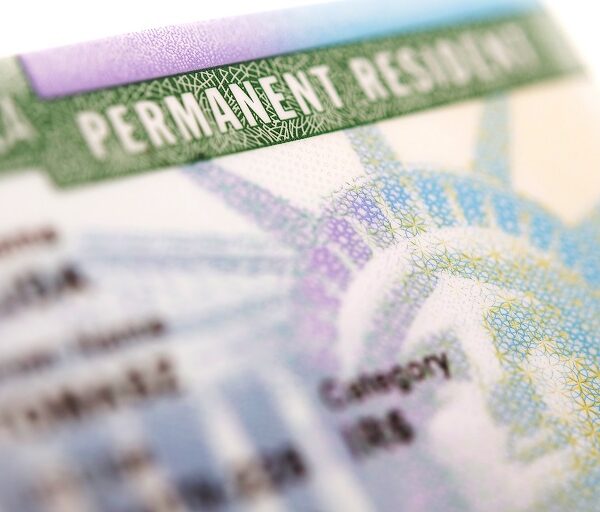Italy Questions Migrants Following Alleged Smuggler’s Arrest
In recent developments, the Italian authorities have intensified their efforts to combat human trafficking and smuggling. This comes on the heels of the arrest of an alleged smuggler in Italy, prompting officials to question migrants to gather crucial information regarding smuggling networks. These actions reflect Italy’s ongoing struggle with illegal immigration and the complexities surrounding it.
The Context of Human Smuggling in Italy
Italy has long been a focal point for migrants seeking refuge in Europe, often arriving via perilous sea routes from North Africa. The country’s geographic location makes it a primary entry point for migrants, but this has also led to the rise of organized smuggling networks that exploit vulnerable individuals seeking a better life.
The recent arrest of an alleged smuggler highlights the urgent need for Italy to address the issue of human trafficking. With thousands of migrants landing on Italian shores each year, authorities are faced with the dual challenge of providing assistance to those in need while simultaneously cracking down on criminal organizations profiting from their desperation.
Questioning Migrants: A Strategy to Uncover Smuggling Networks
Following the arrest, Italian police have begun questioning migrants who may have been assisted by the detained smuggler. This strategy aims to collect valuable intelligence that can aid in dismantling smuggling operations. The process involves:
- Gathering Testimonies: Many migrants are asked to share their experiences and any information they possess about the smuggler and their operations.
- Establishing Connections: Authorities seek to identify links between different smugglers and routes used by migrants to facilitate their journeys.
- Improving Safety Measures: The insights gained from these interviews can help law enforcement develop better strategies to protect migrants from exploitation.
While this questioning process is crucial for law enforcement, it also raises concerns about the treatment of migrants during these interviews. Advocates for migrant rights urge that the questioning process be conducted with sensitivity and respect, ensuring that individuals are not further victimized.
The Role of NGOs and Human Rights Groups
International and local non-governmental organizations (NGOs) play a vital role in supporting migrants and advocating for their rights. These organizations often provide essential services such as food, shelter, and legal assistance, helping migrants navigate the complex asylum process. Their involvement becomes even more critical during situations like the questioning of migrants following arrests.
Key functions of NGOs include:
- Providing Legal Support: Many migrants are unaware of their legal rights. NGOs help them understand their situation and provide legal representation during questioning.
- Ensuring Safety: NGOs work to ensure that migrants are not subjected to abuse or inhumane treatment during questioning.
- Advocating for Rights: They advocate for policy changes that protect the rights and well-being of migrants, ensuring their voices are heard in the political landscape.
The Impact of Smuggling on Migrant Lives
The plight of migrants caught in the web of human smuggling is often harrowing. Many individuals endure traumatic experiences during their journey, including exploitation, abuse, and violence. The arrest of smugglers is a step towards addressing these issues, but it is essential to recognize the impact of smuggling on the lives of migrants.
Migrants frequently face numerous challenges, such as:
- Trauma: Many have experienced life-threatening situations during their journey, leading to long-lasting psychological effects.
- Legal Challenges: Navigating the asylum process can be daunting, with many migrants facing legal hurdles that can prolong their suffering.
- Social Stigma: Migrants often face discrimination and fear from local communities, which can hinder their ability to integrate and find support.
The Future of Migration Policy in Italy
Italy’s approach to migration is continually evolving, influenced by various factors, including political climate, public opinion, and international relations. As authorities grapple with the complexities of illegal immigration and human smuggling, it is essential to balance enforcement with compassion.
Future policies may focus on:
- Strengthening Legal Pathways: Creating more legal avenues for migration can reduce reliance on smugglers and help manage the flow of migrants more effectively.
- Enhancing Cooperation: Collaboration with other European countries and international organizations can lead to a more comprehensive approach to migration and smuggling.
- Fostering Integration: Policies that promote the integration of migrants into society can help mitigate the challenges they face and foster a more inclusive environment.
Conclusion
The arrest of an alleged smuggler in Italy underscores the ongoing challenges associated with human trafficking and illegal immigration. As authorities question migrants to uncover smuggling networks, it is crucial to approach the situation with empathy and respect for human rights.
The role of NGOs and advocacy groups remains vital in ensuring that migrants are treated fairly and that their voices are heard. Moving forward, Italy’s migration policies must strive for a balance between enforcement and compassion, addressing the root causes of migration while safeguarding the rights and dignity of those seeking a better life. As the landscape of migration continues to evolve, the need for comprehensive and humane solutions has never been more pressing.
